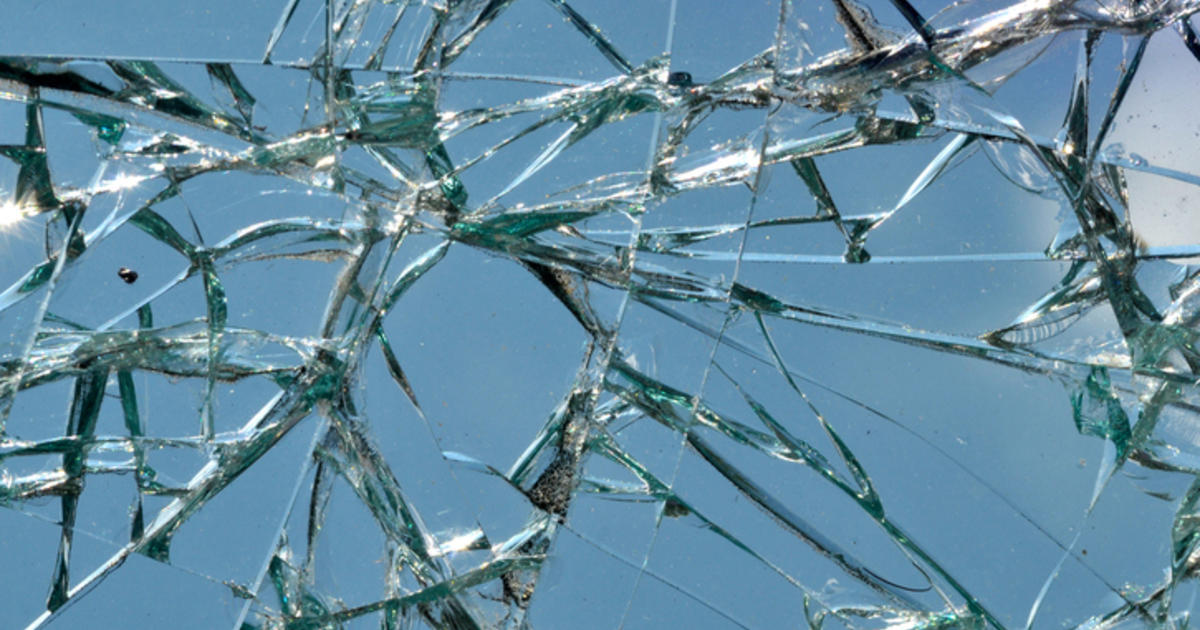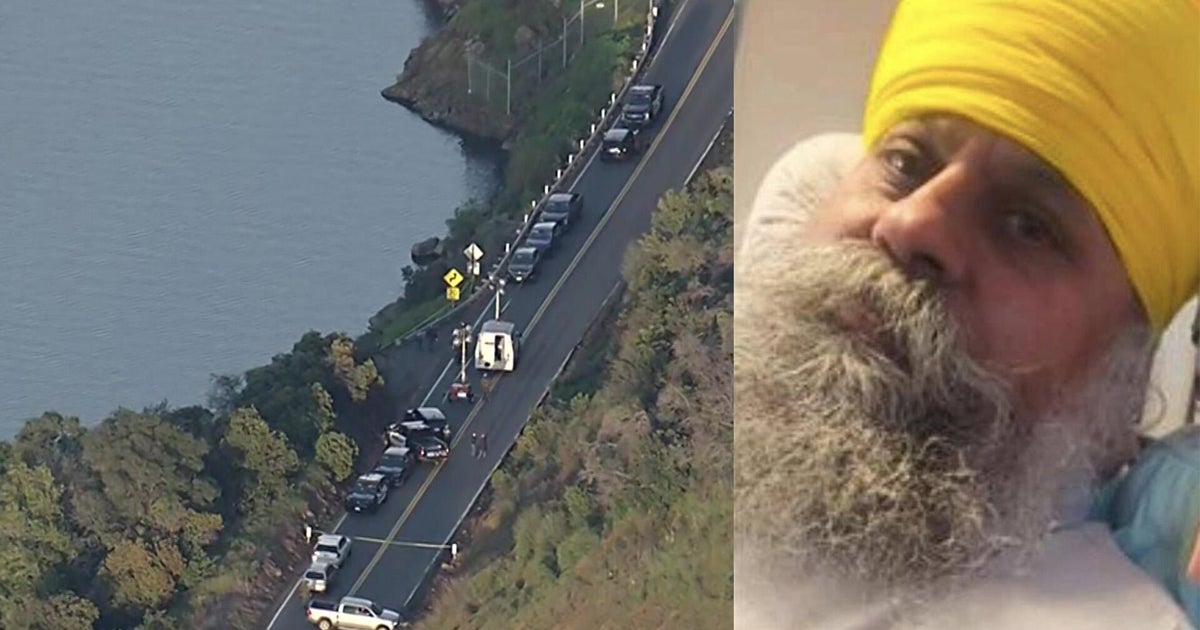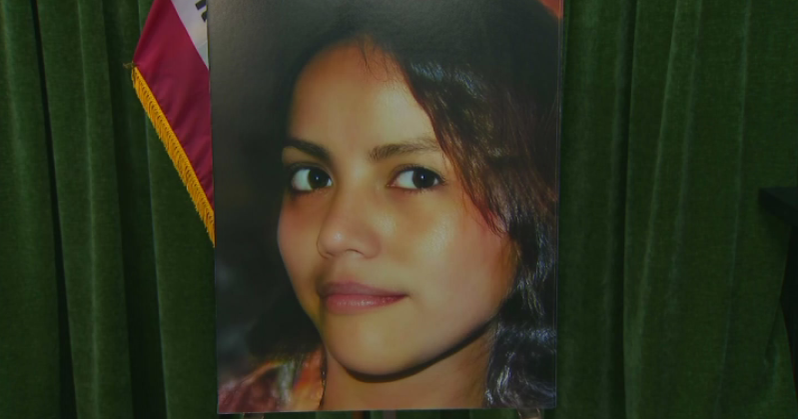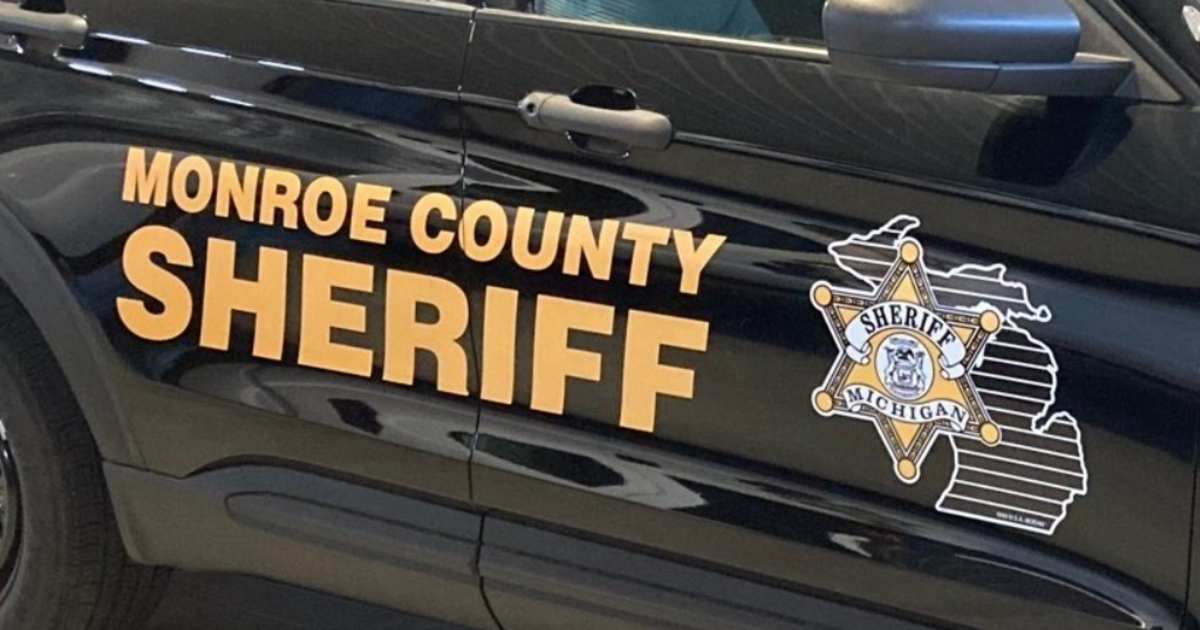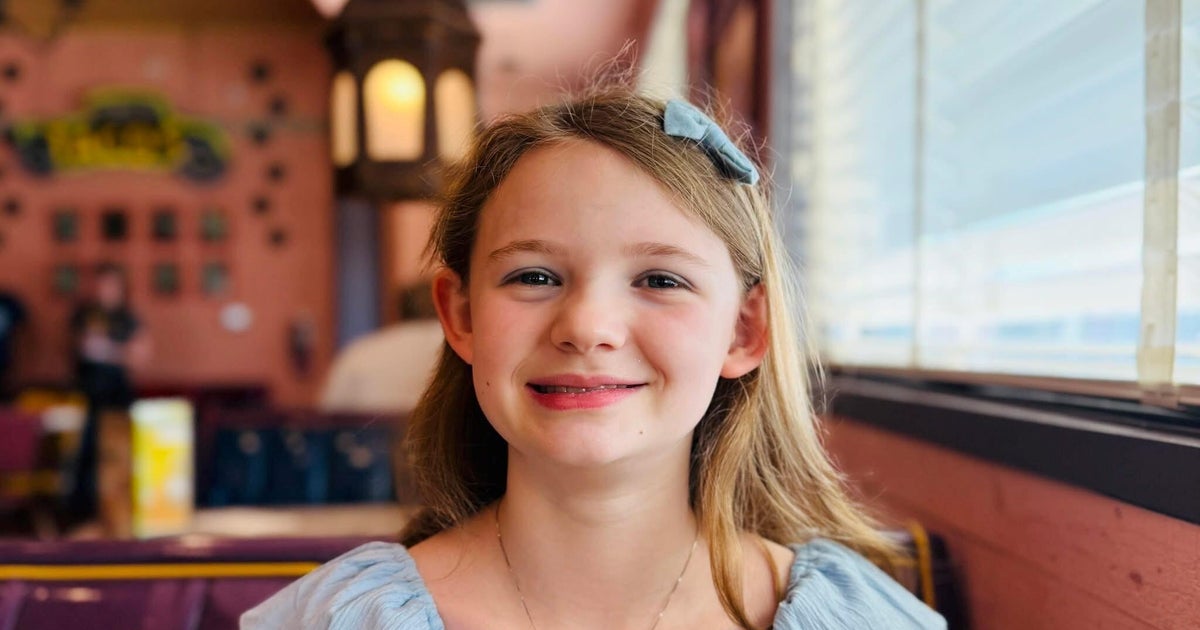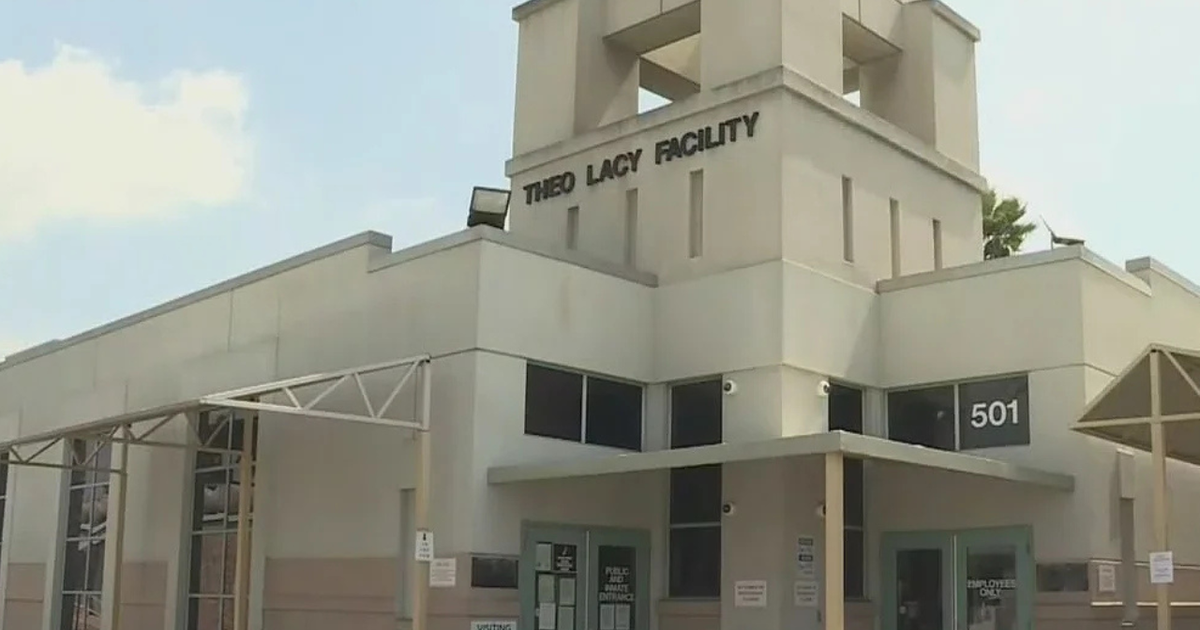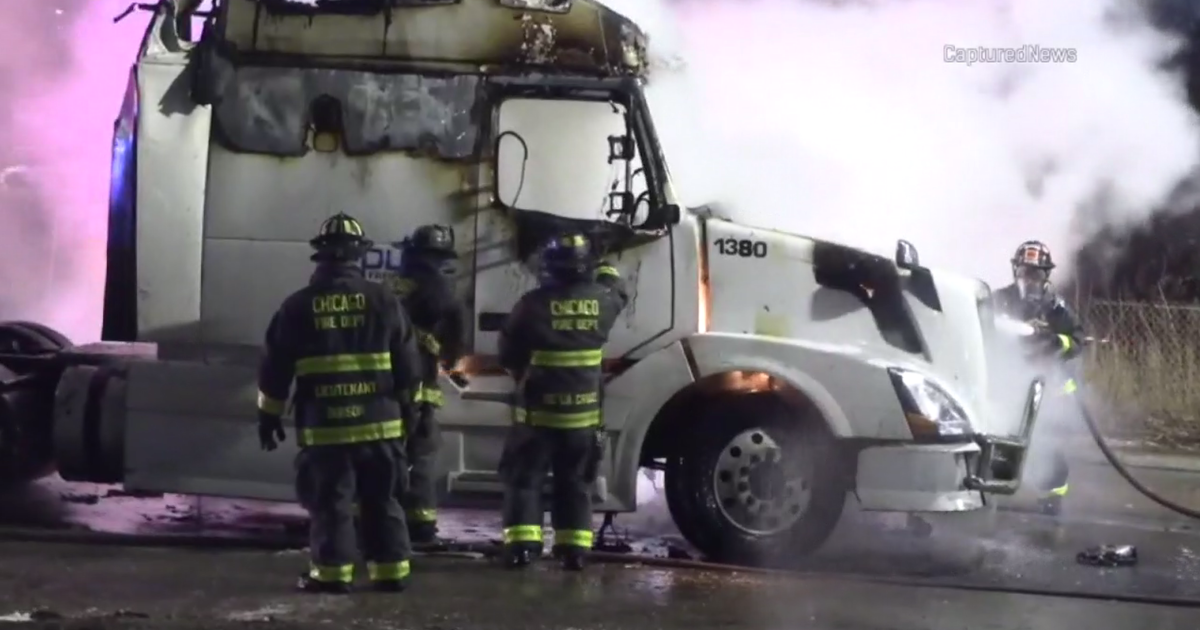Cook County Sheriff spearheads effort to make naloxone more accessible amid opioid crisis
CHICAGO (CBS) -- You may remember over the summer, our cameras captured something that happens on the streets of Chicago all too often – an opioid overdose.
On July 25, Matthew McFarland was at an Amoco on the West Side to talk with CBS 2's Chris Tye about bail reform, of all things - when he spotted someone having an overdose.
Luckily, McFarland was familiar with how to use naloxone, also known as the brand name Narcan, the life-saving antidote to an opioid overdose.
As CBS 2's Jermont Terry reported Tuesday night, the Cook County Sheriff's office is undertaking a new effort aimed at making naloxone more accessible – and saving even more lives.
There are more opioid deaths in Cook County than murders, and overdoses are skyrocketing too. Many of them happen outside 24-hour gas stations.
Thus, the plan is to get the antidote to places where it is needed most.
"This is what we're supposed to do. Government is supposed to work together with the community, with the people who we serve, and what we're doing today makes sense," said Dr. Jane Gubser, executive director of the Cook County Department of Corrections.
The West Side Amoco where we witnessed the overdose in the summer stays busy – and Luis Gonzalez knows many of the regulars. Yet there is something new on the shelves he's giving out for free.
"I think this is wonderful product to have here – I mean, especially in this area," Gonzalez said.
The product in the blue boxes at his gas station is Zimhi – a higher-dose injectable naloxone for opioid overdoses. Gonzalez knows all about the crisis – he helped McFarland give multiple doses of Narcan to the man we saw overdosing at the gas station over the summer.
"I can't forget it," said Gonzalez. "I can't forget it."
On Tuesday, McFarland, of the Lawndale Christian Legal Center, was back to teach Gonzalez a new life-saving step. He showed Gonzalez how to take off the needle cap, go right into the patient's thigh, and press the needle for two seconds.
McFarland said he and his group have trained the entire first shift at the gas station.
With help from the Cook County Sheriff's office, McFarland will get busy training clerks at 15 gas stations.
"I think it's about accessibility," said McFarland. "It's about how close can we get this opioid reversal drug, Zimhi, to the people that are actually using the drugs - or people coming in contact with those using the drug?"
The Cook County Medical Examiner's office reports 1,478 opioid-related deaths countywide this year.
Last year, 2,000 people died – the highest in Cook County in seven years, according to the Illinois Department of Public Health.
And when you break down overdoses by ZIP codes, West Side communities are leading the troubling trend in Cook County. Austin (60644) and the West Garfield Park area (60624) each had 630, Humboldt Park (60651) had 596, the Near West Side (60612) had 573, and Lawndale (60623) had 560.
"It's really taking the antidote right to the problem," said Cook County Sheriff Tom Dart.
After seeing what CBS 2 captured on camera with McFarland over the summer, Sheriff Dart has partnered with him to get more than 2,000 Zimhi doses donated. By the start of the New Year, 15 gas stations will also have their shelves stocked with the opioid overdose reversal drug – to give out in areas where the overdoses keep spiking.
"The store owners – they're wildly aware of what's going on around them. Whether they want to be engaged or not - to utilize something to save someone or not - this person is going to have same issue at their place," said Dart. "The question is just going to be whether you're going to have a tool to help save them in the time it takes to get an ambulance there."
Dart admits this is not going to stop overdoses immediately.
"It's not going to happen quickly. For many of the cases, These are going to be individual, sort of anecdotal stories - where one person was saved here, two saved here, three were here - all tremendous things. All tremendous things," Dart said, "and those will be a lot of our victories."
If you're wondering how much this is costing taxpayer – the answer is nothing at all. All the doses have been donated.
The sheriff says he is hoping those saved will turn to drug treatment.
They are starting with 15 gas stations, but hope to expand to even more.
